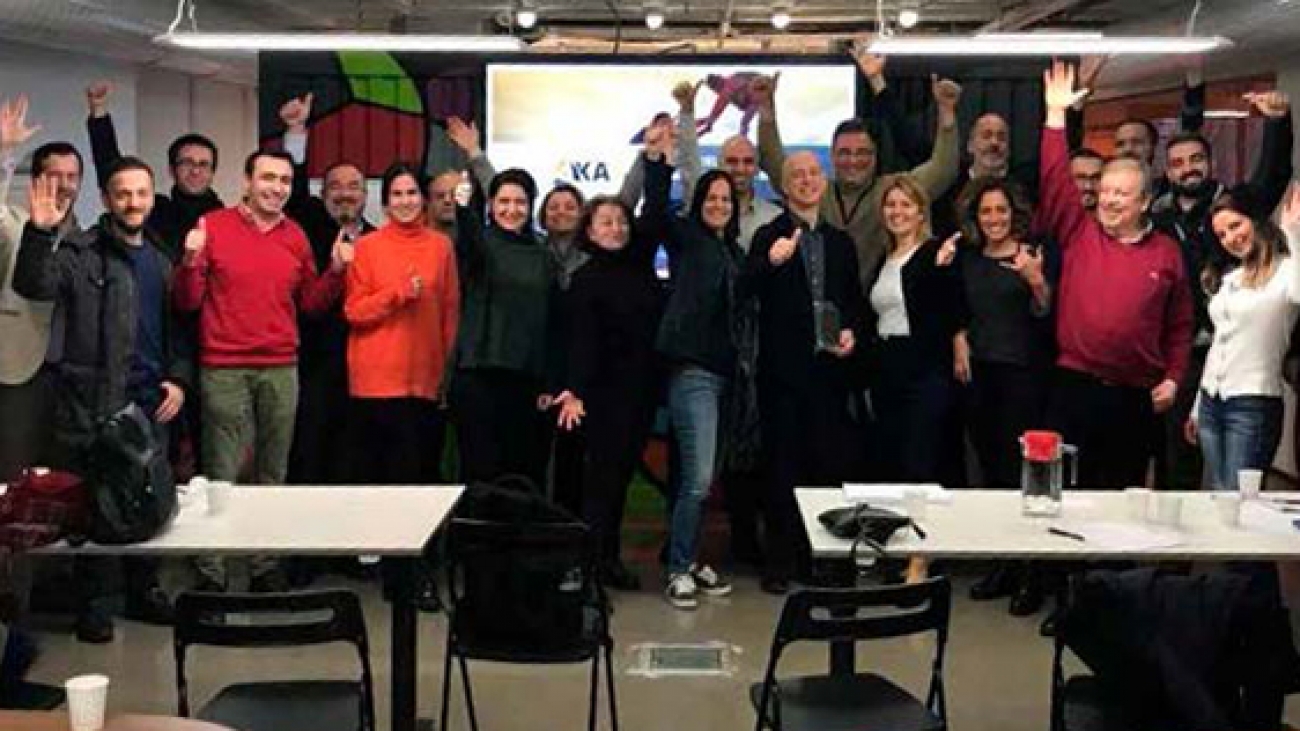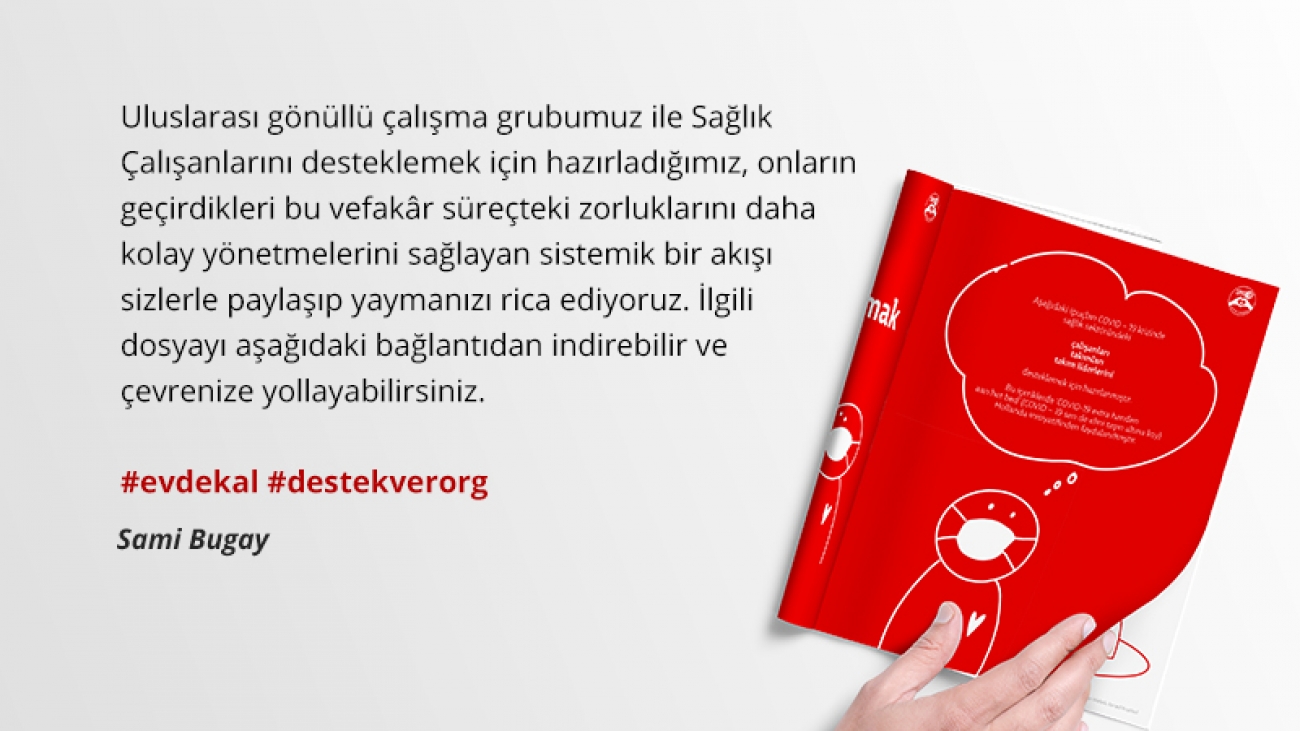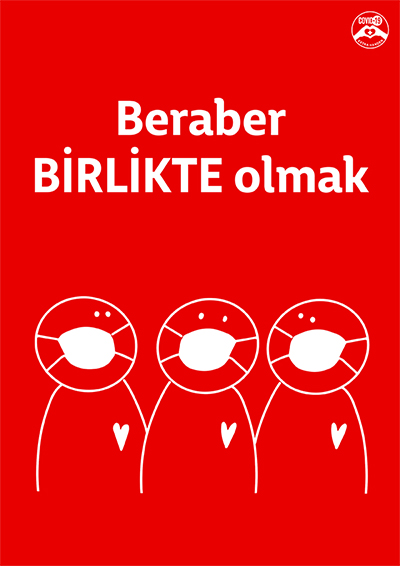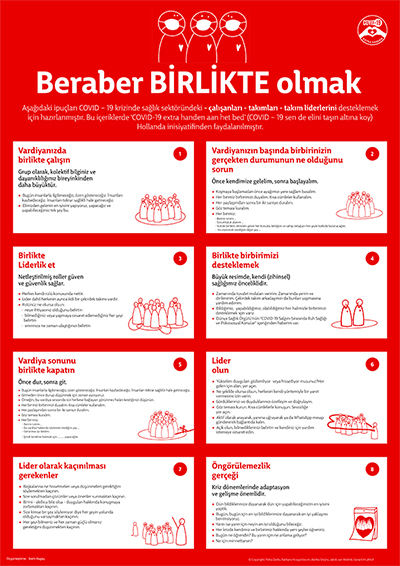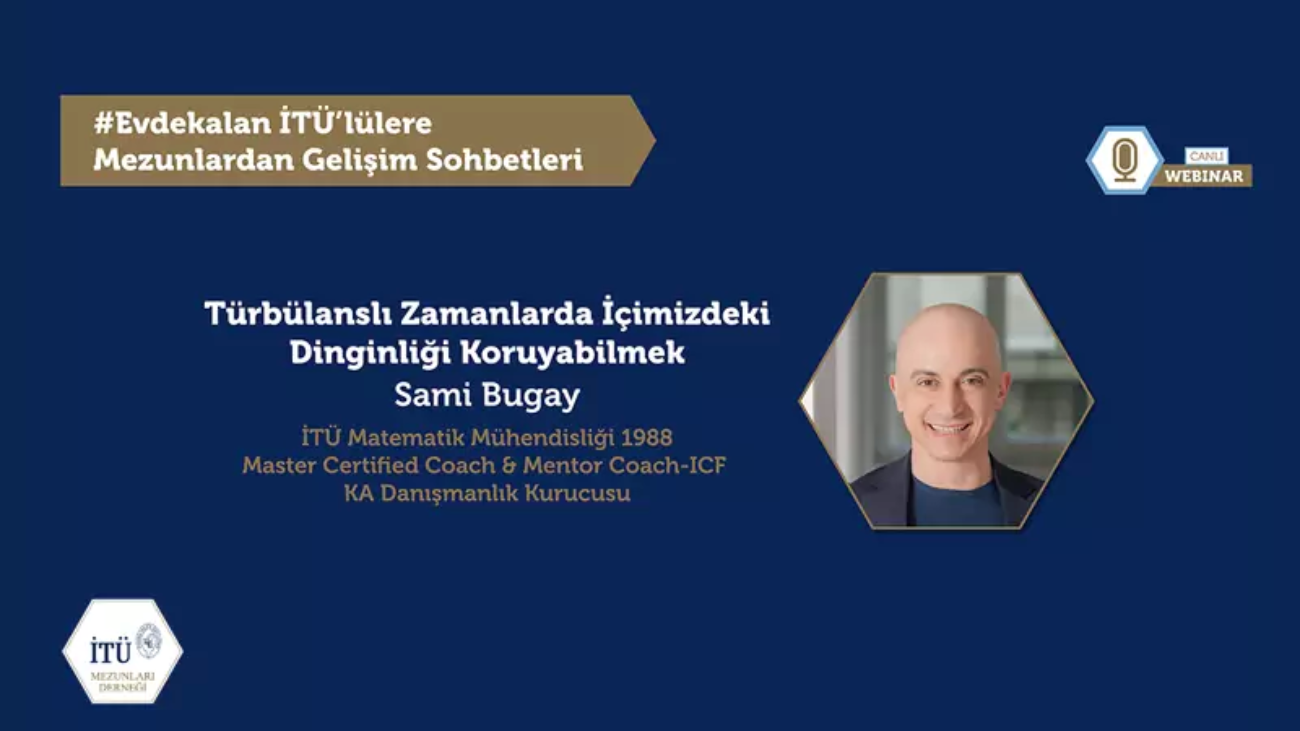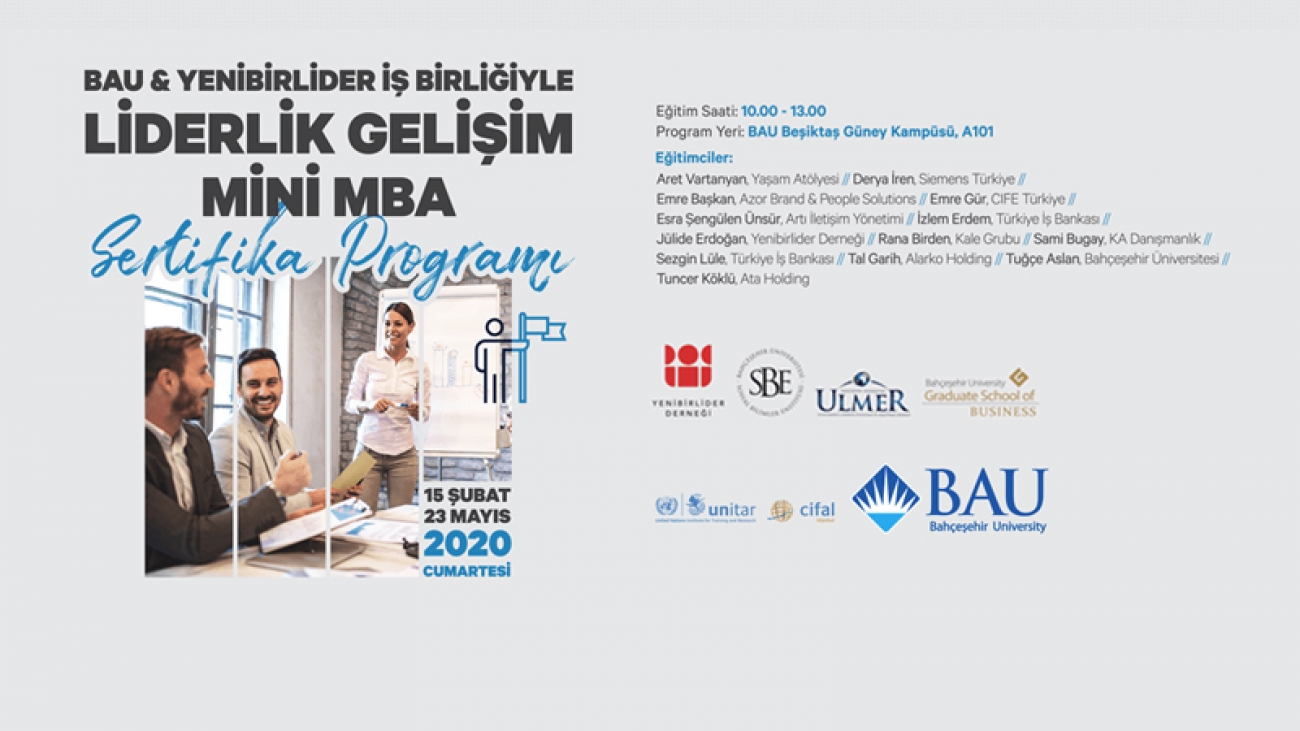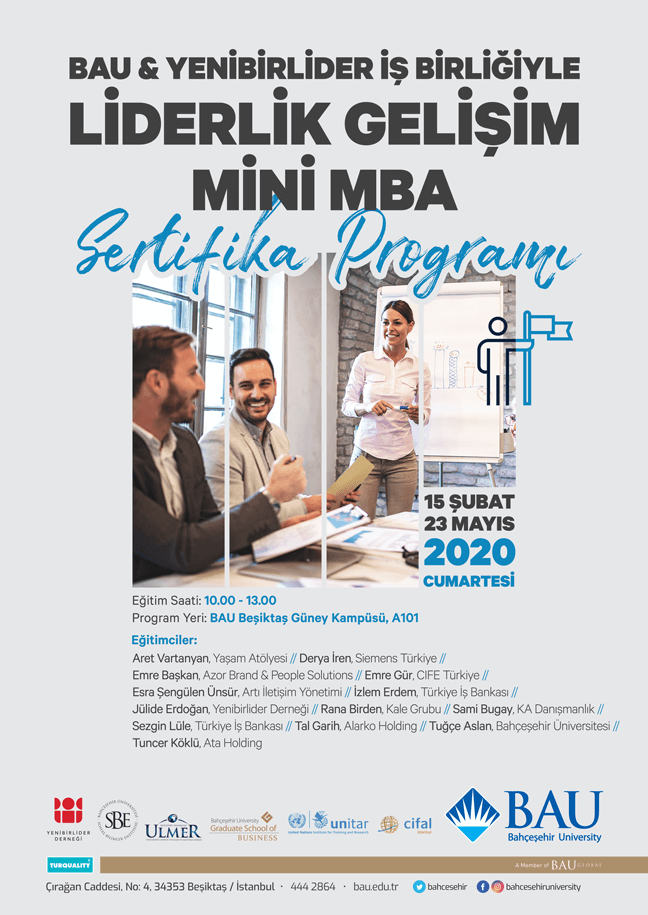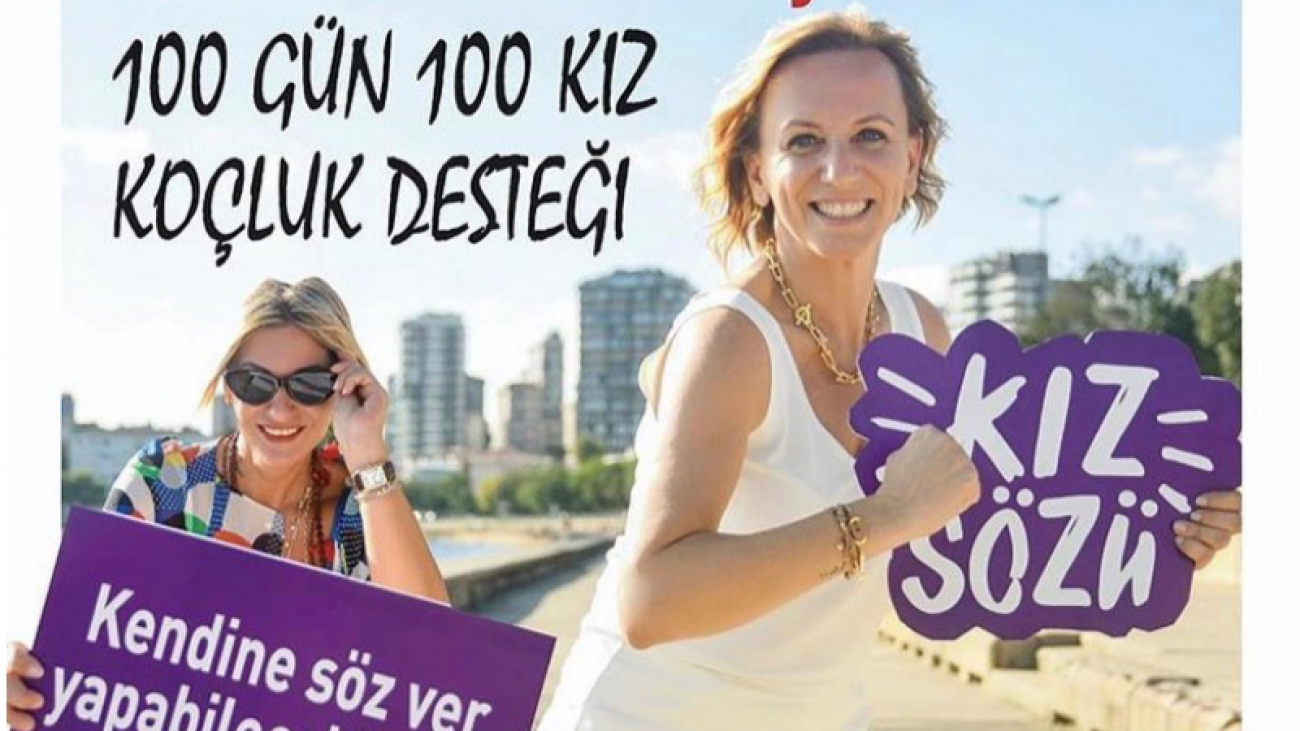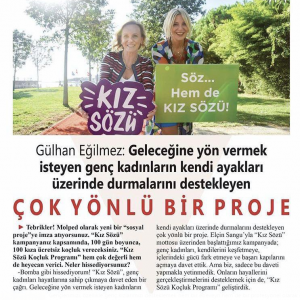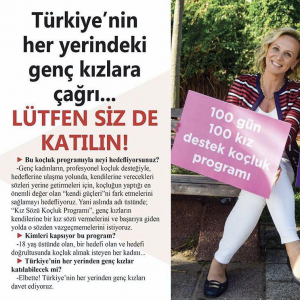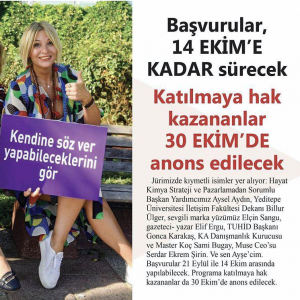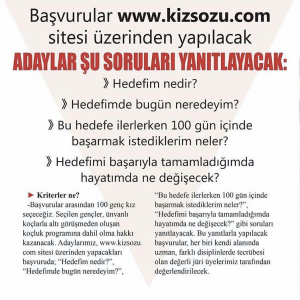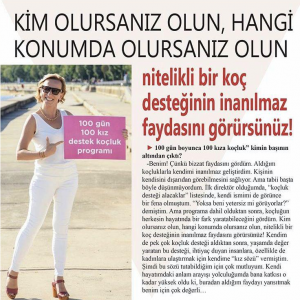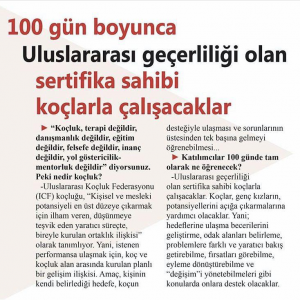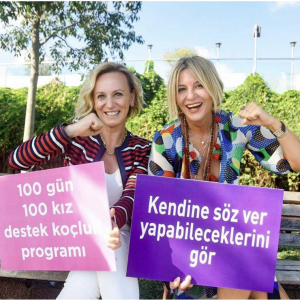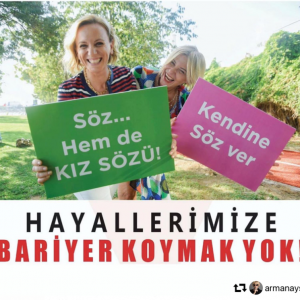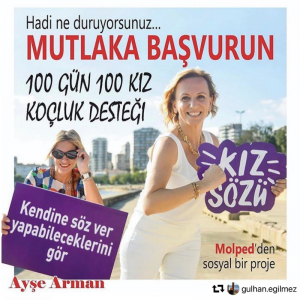Recently, I heard a story from Stephen Glenn about a famous research scientist. This scientist had new and very important discoveries in medicine. A newspaper reporter asked him when he was interviewing how he became a different and creative person from the average person. What is the distinguishing feature?
The scientist answered this question “due to the experience my mother had when I was two years old.” While the scientist was trying to get the milk bottle out of the refrigerator, the bottle fell from his hand and turned into a milk lake.
When his mother came into the kitchen, instead of yelling, yelling or punishing her: “Robert, what a great mistake you made! I’ve never seen such a beautiful lake of milk before. Yeah, it’s done. Now before we clean this place together, do you want to play some milk on the floor?” He bent down and played with the spilled milk. A few minutes later his mother said, “Robert, when you do this kind of thing, you know you have to clean it up and put everything back to normal? How would you like to do this? Shall we use a sponge or a towel or cloth? Which one do you want? “Robert chose the sponge and they cleaned the spilled milk on the floor.
Later, her mother said, “You know, what we had here was a bad experience where you couldn’t carry a milk bottle with your two little hands. Now let’s go out to the backyard and fill the bottle with water and let you carry a full bottle without dropping it.” The little boy learned that if he held the bottle by his throat with both hands, he could carry it without dropping it. He understood that the mistakes made were good opportunities to learn something new. Experiments in scientific research are based on this basis anyway.
Even if an experiment fails, very valuable information is obtained from that experiment.
Jack Canfield



